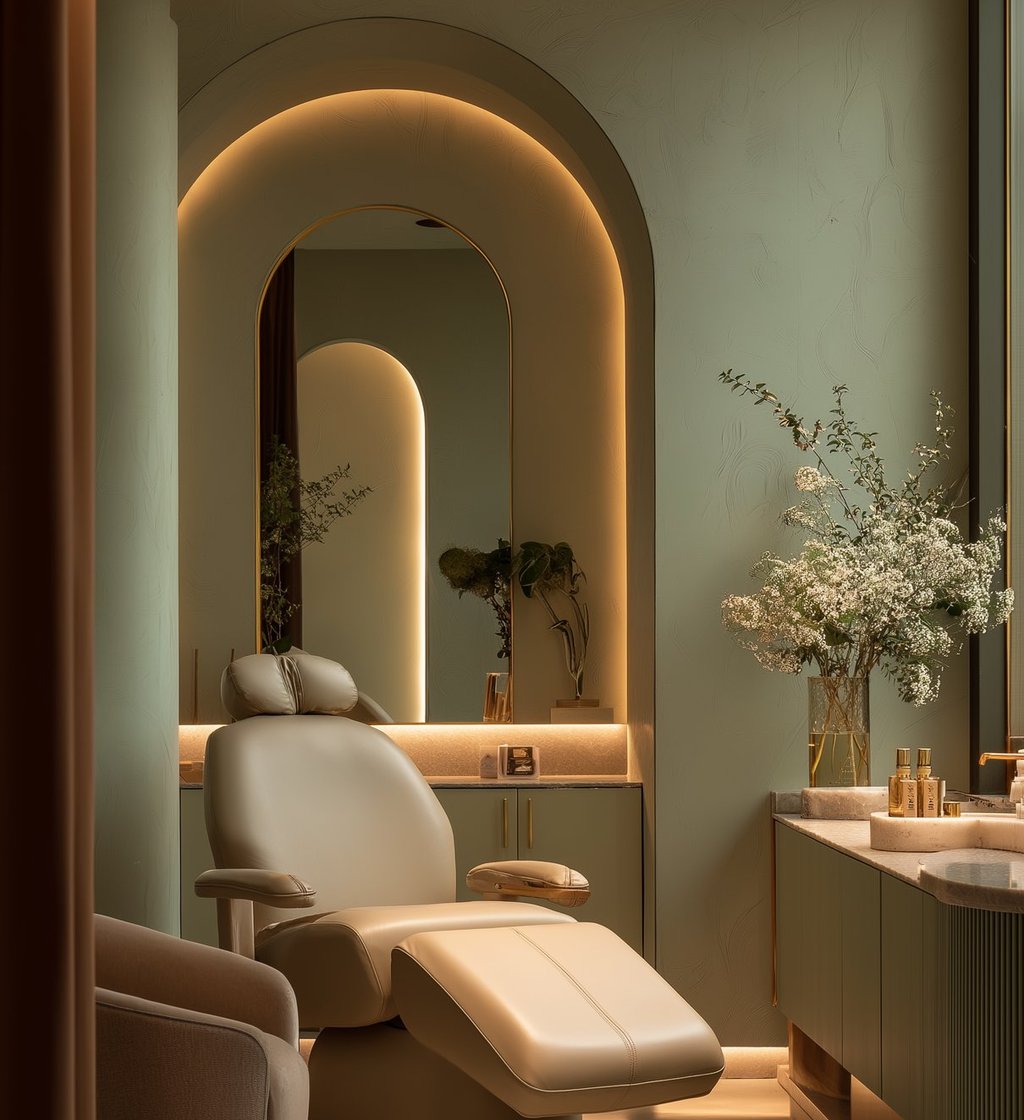
All products featured on Fit Nest Traveler are independently selected and reviewed by our team. If you click on a link and make a purchase, we may earn a commission at no additional cost to you.
Balancing Work And Wellness
Fitness Strategies For The Modern Remote Professional


In the dynamic world of remote work, where the lines between professional and personal life often blur, maintaining a consistent fitness routine can be a formidable challenge, especially when travel enters the equation. However, the emerging trend of "bleisure" travel—a fusion of business and leisure—offers a fresh perspective on how remote professionals can seamlessly integrate wellness into their nomadic lifestyles. This paradigm shift acknowledges the symbiotic relationship between professional growth and physical health, emphasizing the need for adaptable fitness strategies in an increasingly mobile work environment.
One of the key principles in mastering fitness on the go is to embrace flexibility—both in your schedule and in your workout choices. The traditional notion of dawn workouts being superior is giving way to a more personalized approach. Research suggests that scheduling workouts when you're naturally more energized can yield better results, often coinciding with the body's natural circadian rhythm which peaks in terms of temperature, coordination, and strength in the late afternoon or early evening. This flexibility extends to the type of workouts you choose, with the most sustainable fitness routine while traveling feeling less like a chore and more like an engaging activity.
Consider integrating your workouts with your travel experiences. A brisk walking tour of a new city, a hike through local terrain, or even a dance class in a foreign style can all contribute to your fitness goals while enriching your travel experience. This approach not only maintains your physical health but also provides a unique way to immerse yourself in new cultures and environments. For remote professionals, the rise of "work-from-anywhere" policies has opened up unprecedented opportunities for extended stays and deeper cultural immersion, with many organizations now offering stipends for coworking spaces and relocation assistance.


The hospitality industry has evolved to cater to the bleisure traveler, with hotels reimagining their offerings to provide not just reliable connectivity but also varied work environments and fitness facilities throughout the property. However, fitness isn't solely about physical activity. A holistic approach to well-being while traveling must also consider nutrition and stress management. Recent studies have highlighted the crucial role of gut health in overall wellness, emphasizing the importance of prioritizing gut-friendly foods and maintaining a consistent eating schedule as much as possible when on the move.
Evening workouts can serve a dual purpose for the traveling professional, offering an excellent opportunity to de-stress after a day of work or travel. The endorphin release from exercise can help clear your mind, improve sleep quality, and prepare you for the next day's challenges. This is particularly beneficial when dealing with the mental fatigue that often accompanies frequent travel and time zone changes. For those new to maintaining a fitness routine while traveling, starting small with just two to three workouts a week initially can help build consistency without overwhelming your schedule.
The future of work is increasingly intertwined with travel, and the savvy remote professional recognizes that personal well-being is a cornerstone of sustained success. By adopting a flexible, culturally immersive approach to fitness, leveraging the amenities of modern travel accommodations, and understanding the holistic nature of health, you can maintain and even enhance your fitness routine while exploring the world. Remember, the goal is not perfection but progress—each step, whether in a new city or a hotel gym, is a step towards a healthier, more balanced life on the go. As remote work continues to normalize, this integrated approach to wellness and work will likely become not just a trend, but a fundamental aspect of the modern professional lifestyle.
